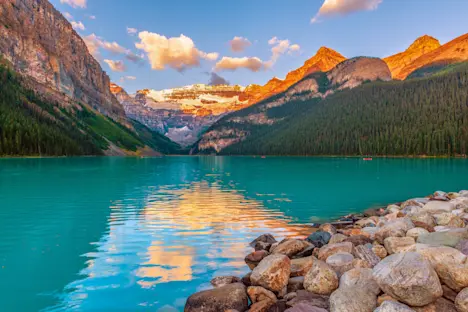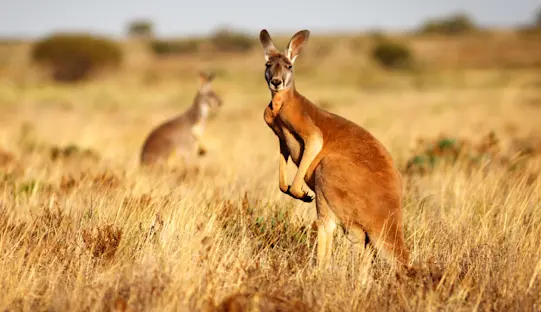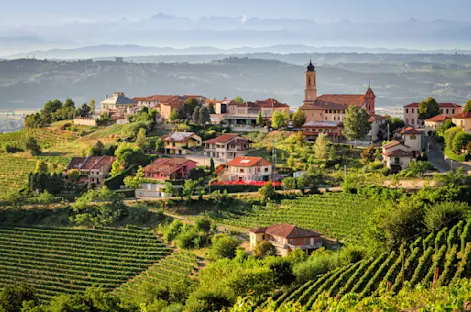404 Error. This page is missing. We are looking for it!
Please try the following:
Make sure the website address is spelled correctly.
Click the Back button and try another link.



















Please try the following:
Make sure the website address is spelled correctly.
Click the Back button and try another link.
Our Trips

Polar Bear Tours

African Safaris

Galapagos Tours

Alaska Adventures

U.S. National Parks Tours

Canada & the North

Europe Adventures

Mexico & Central America Tours

South America Adventures

Asia Adventures

Australia & New Zealand Adventures

Antarctica & Arctic Journeys

Photo Expeditions

Terra & Tu Cultural Journeys

Adventure Cruises

Women's Journeys

New Adventures
Questions? Call 800-543-8917
Have a question or comment?
Click any of the buttons below to get in touch with us.
Hours
Mountain Time
8 am to 5 pm, Monday - Friday
8 am to 3 pm on Saturday
Closed on Sunday